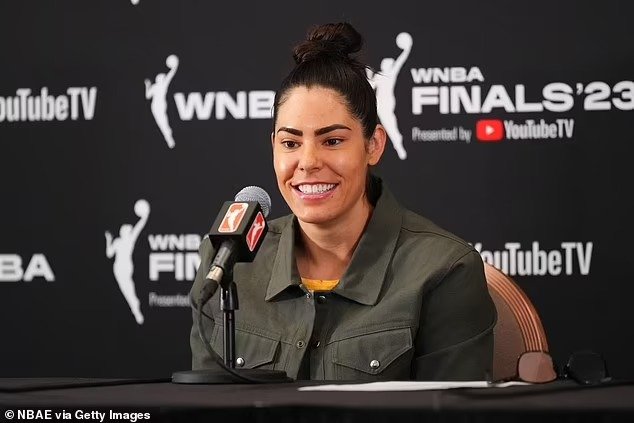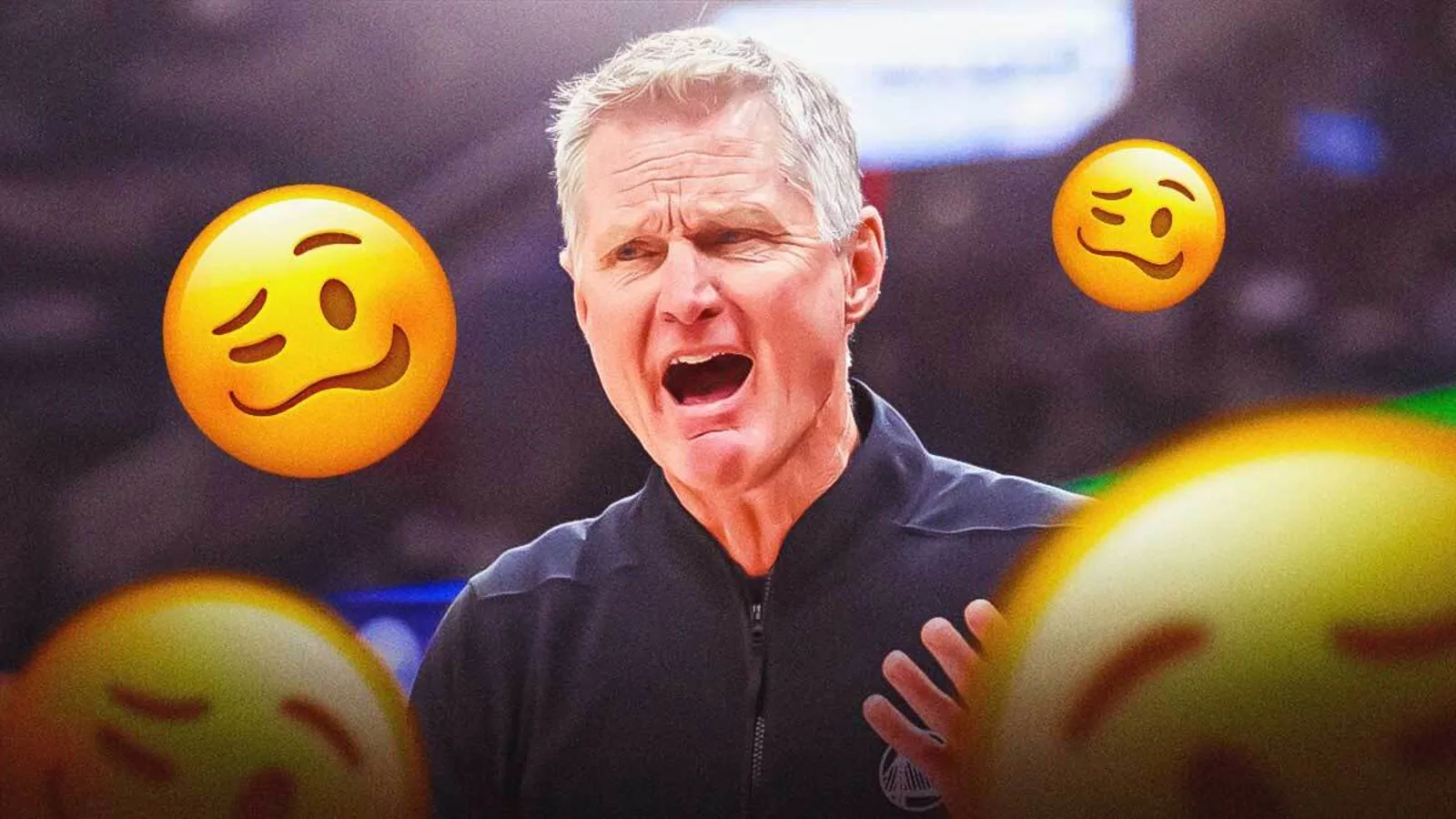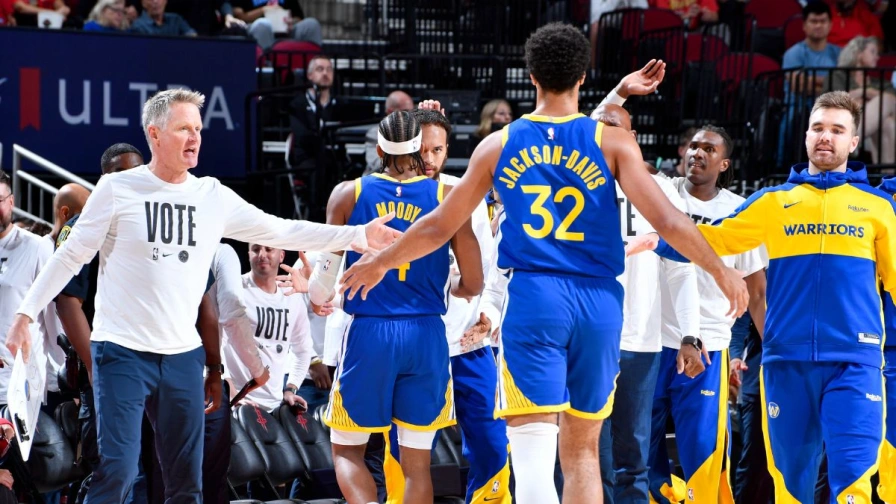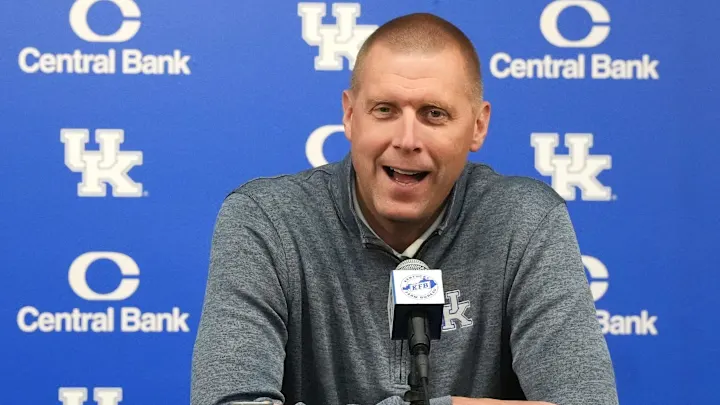Why Mark Pope Believes Balancing the Transfer Portal with Team Stability is Essential for Long-Term Success
Mark Pope, the head coach of the BYU men’s basketball team, has been at the forefront of navigating the changing landscape of college basketball, particularly with the increasing importance of the transfer portal. Since its introduction, the transfer portal has revolutionized the way programs build their rosters, allowing coaches to acquire immediate talent to fill gaps or strengthen weak spots. While Pope acknowledges the undeniable impact of the transfer portal, he also emphasizes the importance of maintaining team continuity and long-term stability. For Pope, the key to sustainable success lies in finding the right balance between these two forces.

The Power of the Transfer Portal
The transfer portal offers programs a unique opportunity to quickly address deficiencies in their roster. This can be especially crucial for programs that experience unexpected departures, whether due to graduation, injury, or players choosing to transfer themselves. For a coach like Pope, who operates in a high-competition environment, the ability to add experienced players—sometimes with multiple years of eligibility left—can be a game-changer.
“For us, the transfer portal is an essential tool,” Pope said in a recent interview. “It allows us to fill gaps and bring in players who can contribute immediately. The landscape of college basketball has changed, and we need to be able to pivot when necessary. It’s a tool we must use wisely.”
Indeed, Pope’s use of the portal has been strategic, adding players who can make an immediate impact on both ends of the floor. However, Pope recognizes that while the transfer portal can fill short-term needs, it’s not a panacea for long-term success. Relying too heavily on transfers can undermine the foundation of a program built on culture, development, and stability.
The Importance of Continuity
For Pope, long-term success goes beyond just acquiring talent—it’s about creating a cohesive, stable environment that fosters growth. Developing players within the program, cultivating relationships, and establishing a strong team culture are vital elements of building a program that can compete at the highest level year in and year out.

“I believe in continuity,” Pope explained. “It’s about building a team that grows together, understands the system, and forms deep connections on and off the court. That’s where you find real success.”
Pope’s focus on continuity is not just about keeping the same players around year after year; it’s about developing players who fit within the program’s culture. When players stay and progress through the program, they not only gain a deeper understanding of the team’s philosophy, but they also serve as leaders and mentors for newer players. This kind of player development creates a strong foundation that can weather the ups and downs of a season or a recruiting cycle.
The Balance: Why Both Matter
According to Pope, achieving long-term success isn’t about choosing one approach over the other—it’s about striking the right balance between the transfer portal and team stability. The transfer portal is a valuable resource, but it must be used thoughtfully to supplement, not replace, the core of the program.
“A team built solely through transfers is not sustainable in the long run,” Pope noted. “You can bring in a handful of great players, but if they’re not committed to the program, to each other, or to growing together, it’s hard to keep that momentum going year after year. Continuity, on the other hand, ensures that the program remains strong even as players come and go.”
Pope’s ability to blend the short-term benefits of the transfer portal with the long-term advantages of team stability reflects his broader vision for the program. While transfers provide an immediate boost, Pope places a premium on player development, establishing strong relationships, and fostering a sense of ownership within the team. This approach ensures that as players come and go, the program remains a well-oiled machine that can continue to succeed.
Conclusion
Mark Pope’s philosophy underscores a key truth in modern college basketball: success is not just about acquiring the most talented players—it’s about building a program that can sustain success over the long haul. The transfer portal is an important tool in that process, but Pope understands that it must be used in conjunction with a focus on player development, team culture, and continuity. In the ever-changing world of college basketball, it’s this balance that will determine whether a program can thrive for years to come.














